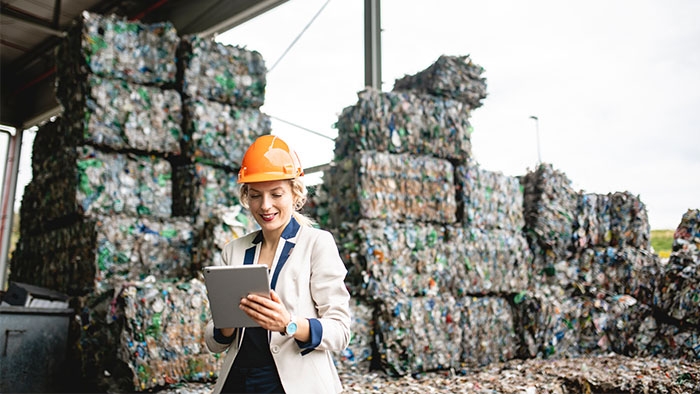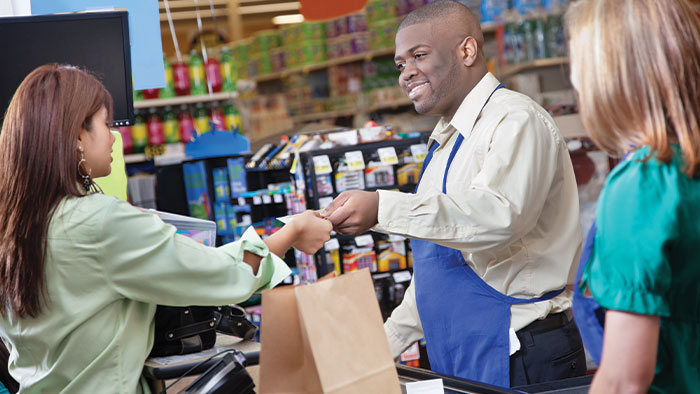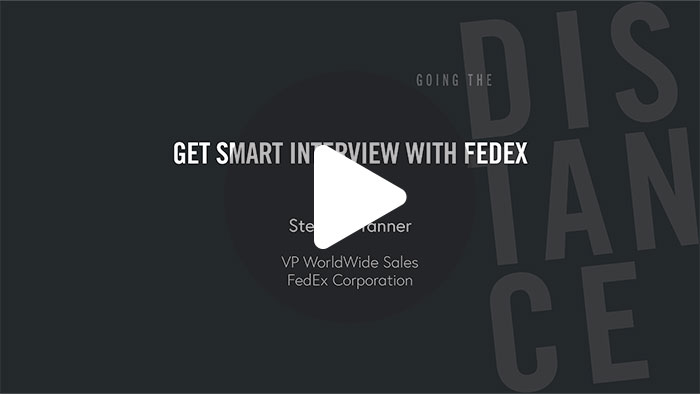Circular Innovations for an Evolving Retail World
- By [ Kate Daly ]
- 06/09/2020
At Closed Loop Partners we believe it is disruptive circular solutions that provide resilience and create unique opportunities in the face of global pandemics, the ocean plastics crisis and accelerating climate risks. But we don’t need to start from square one. The transition to a circular economy that aligns the interests of shareholders, customers, local communities and the environment is already underway. Circular solutions maximize retailers’ opportunities for resource efficiency and profit, while aligning with consumer demand and long-term sustainability. So how do we get there?
Harness Innovation to Stop Waste Before it Happens
The future of retail is arriving faster than anticipated. During the pandemic, trends like home delivery and automated check out accelerated, while the consequences of excess inventory became costly. The four key drivers of the circular economy - transparency, digitization, automation and localization - suddenly aligned with the urgent need to safely and efficiently deliver goods. The failings of our current opaque global supply chains reinforce that innovations in digitizing inventory and sharing data can create efficiencies and prevent waste, opening up new possibilities for smart stocking, real time tracking and optimized reverse logistics for returns.
Think Outside the Box and Reexamine Traditional Business Models
Circular business models are reimagining the relationship between producer and customer. Nowhere is this more apparent than in fashion, where rental models and recommerce are growing their market share rapidly. This is critical as fashion consumption continues to increase, while the average number of times a garment is worn in its lifetime decreases. Between 2000 and 2015, the EPA noted that textile waste by weight jumped 67%. But profitable alternatives to throwing these valuable resources away have already emerged. Apparel leasing in the U.S. is estimated to reach a market value of $4.4 billion by 2028, while the sale of second-hand clothing is expected to more than double to $51 billion by 2023 according to GlobalData and ThredUp. Companies like The Renewal Workshop operating apparel refurbishment services for brands’ damaged or used goods, enabling brands to sell previously unsellable inventory. Both approaches offer traditional retailers opportunities for additional revenue streams from existing stock, increasing customer touchpoints with individual companies while encouraging long-term brand loyalty and customer satisfaction. This breaks the cycle of waste and helps brands recover the full value of products they’ve already manufactured.

Accelerate Advanced Recycling Technologies to Keep Existing Valuable Materials in Play
After a product’s resale market/value has been exhausted, there is still value to be found. Today’s ‘waste’ stream is rapidly evolving as new types of packaging and textiles enter the market. Most of these new formats and material blends are difficult to recycle after use, and few end markets exist for the materials to profitably remain in the value chain. But game-changing advanced recycling technologies are expanding. These technologies clean or break down mixed plastic packaging and synthetic fibers into their original building blocks so that they can then be reincorporated into manufacturing supply chains without diminished quality. Advanced recycling companies like Evrnu convert textile waste into new, high quality fiber for the creation of new clothing, in partnership with brands and retailers. It is this combination of disruptive technologies and collaboration across the entire value chain that can help eliminate the costs of incineration and landfill disposal, and instead create revenue from recycled materials.
It’s always the right time to reduce costs, increase efficiency, and protect the environment we share. Now is the moment to embed circular principles into core business models and harness these emerging innovations to ensure a more prosperous and sustainable future.
Closed Loop Partners is a New York-based investment firm comprised of venture capital, growth equity, private equity, project finance and an innovation center focused on building the circular economy. Learn more here.
Tags
-
Circular Economy
-
Technology & Innovation
-
Sustainability & Environment
-
Retail Innovation Center


